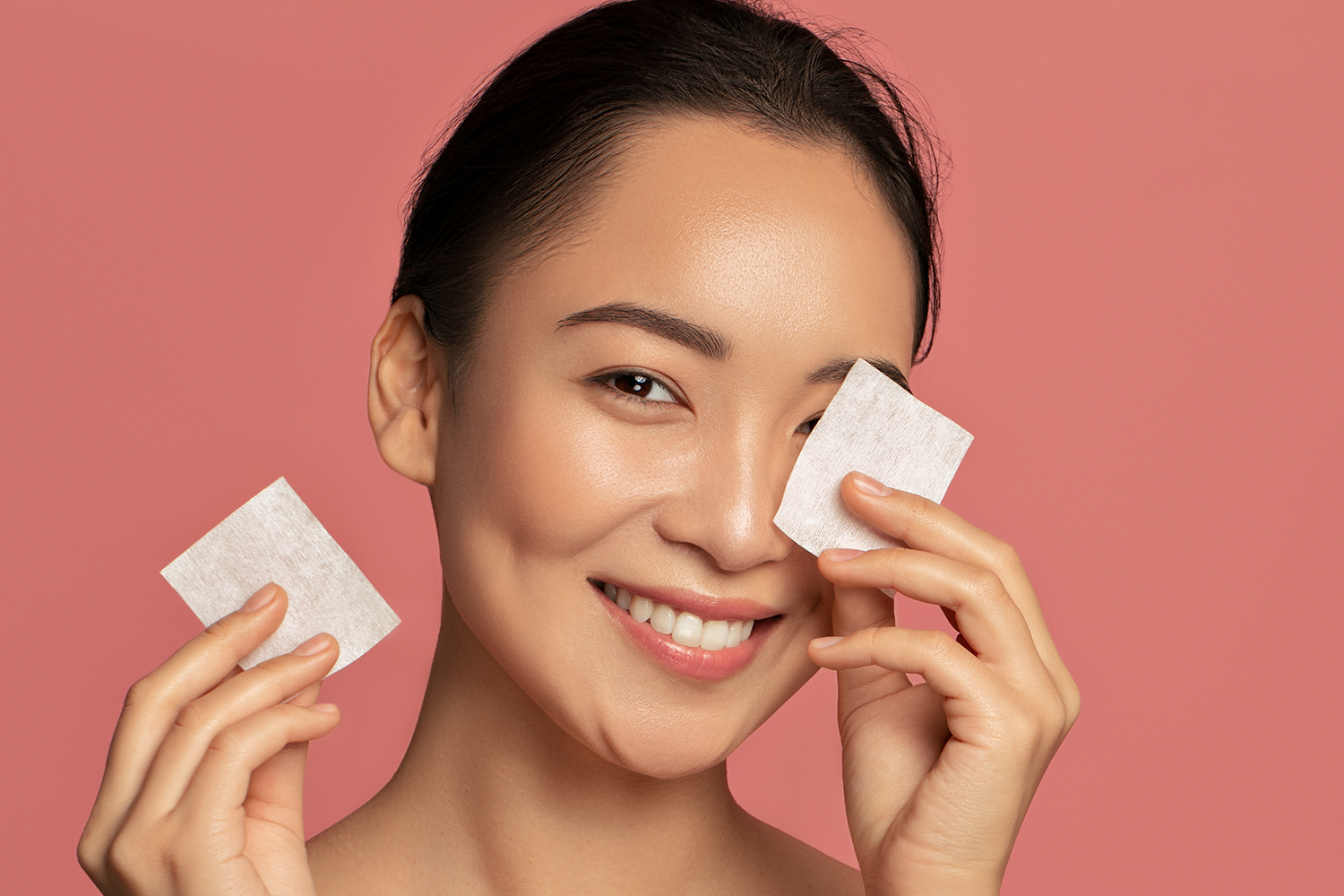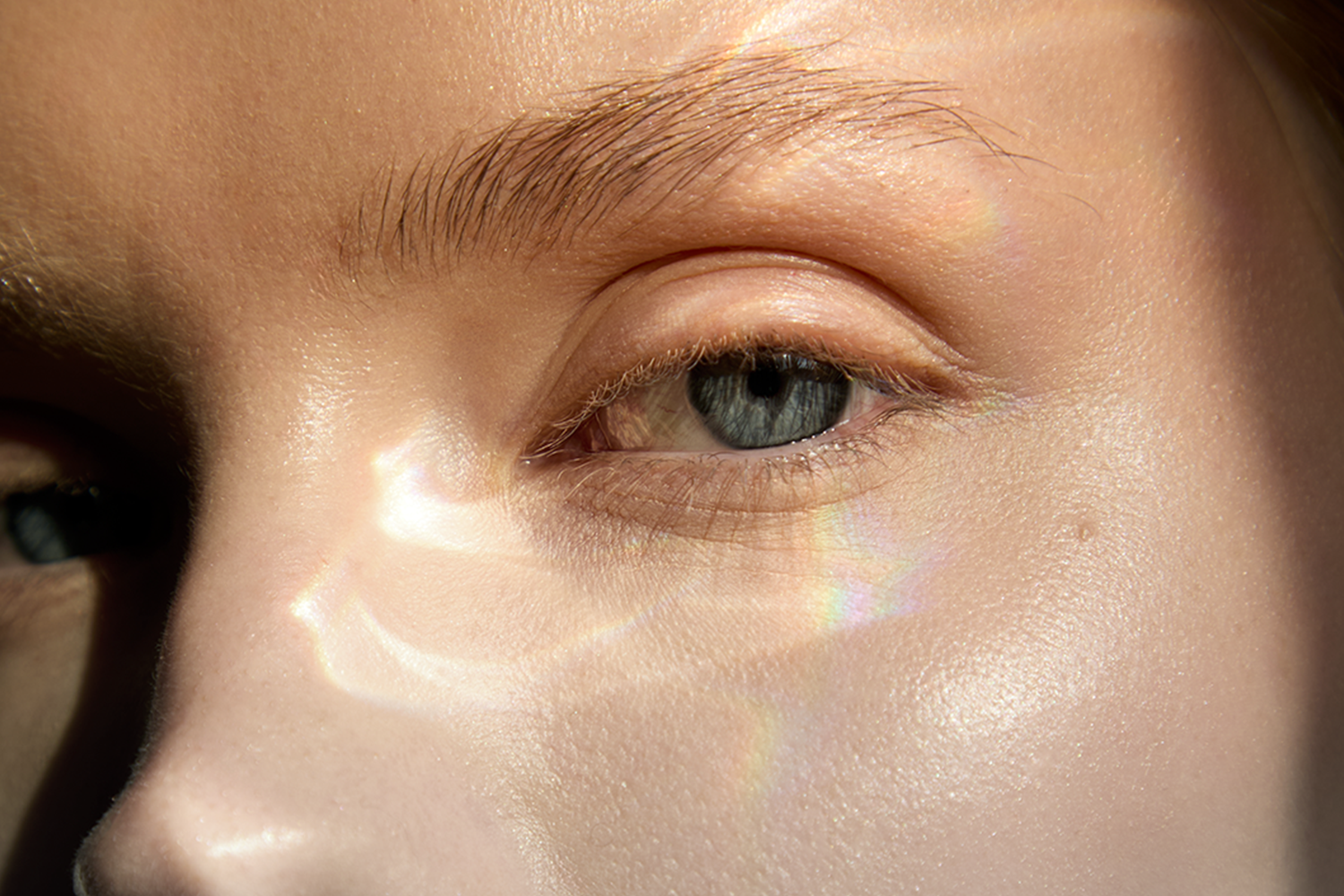If your skin tends to turn red at the slightest provocation, stings when you try a new product, or feels dry and irritated no matter what you do, you’re not alone. Sensitive skin isn’t just a “type”. It’s a condition that requires patience, the right products, and a deep understanding of what helps. Signs of sensitive skin include redness, irritation, and discomfort from skincare ingredients, climate changes, and environmental factors.
If you’ve been struggling to keep your skin happy, this guide is for you. Let’s talk about what sensitive skin really is, what triggers flare-ups, and how you can build a routine that soothes rather than stresses your complexion.
What Does It Mean to Have Sensitive Skin?
People often describe their skin as “sensitive” when they experience frequent irritation, redness, or discomfort from skincare products or environmental factors. It can also mean compromised skin barrier that struggles to defend against irritants.
Unlike other skin types, sensitive skin is more prone to inflammation, dehydration, and damage from external aggressors. The skin barrier (the protective shield that locks in moisture and keeps irritants out) tends to be weaker, allowing allergens, bacteria, and harsh chemicals to penetrate more easily.
Some signs of sensitive skin include:
· Frequent redness or flushing
· Stinging or burning sensations after applying products
· Dryness, peeling, or flakiness
· A tendency to react badly to fragrance, alcohol, or synthetic ingredients
· Increased sensitivity to weather changes, sun, or pollution
Sensitive skin isn’t just a cosmetic issue, it’s about skin health.
Common Triggers for Sensitive Skin Reactions
So, why does your skin feel like it’s at war with everything? Sensitive skin can react to a variety of triggers, including:
1. Harsh Skincare Ingredients: Many conventional skincare products contain alcohol, sulfates, synthetic fragrances, and preservatives that can strip the skin barrier. Even popular “anti-aging” ingredients like retinol or aha-bha’s can be too aggressive for sensitive skin.
2. Weather and Environmental Stressors: Cold weather can dry out sensitive skin, while heat and humidity can increase redness and irritation. Pollution and UV radiation also contribute to oxidative stress, which weakens the skin barrier.
3. Over-Exfoliation: Exfoliating too often (or using physical scrubs that feel like sandpaper) can cause micro-tears and irritation. For sensitive skin, exfoliation should be gentle and infrequent.
4. Hormonal Changes: Fluctuations in hormones—during menstruation, pregnancy, or menopause—can make skin extra reactive.
5. Stress and Diet: Believe it or not, what you eat and how you feel emotionally affects your skin. Processed foods, dairy, sugar, and alcohol can trigger inflammation. Stress increases cortisol, which weakens the skin’s barrier function.
Understanding these triggers can help you eliminate unnecessary irritants and create a more skin-friendly routine.
Choosing the Right Skincare Products for Sensitive Skin
The number one rule for sensitive skin? Less is more! Instead of layering multiple actives and trying every new product on the market, focus on soothing, hydrating, and strengthening your skin barrier.
Look for Ingredients That Heal, Not Harm:
Exosomes: These powerful cellular messengers repair, regenerate, and strengthen the skin barrier from the inside out. Unlike traditional skincare, exosomes teach your skin cells how to function optimally, reducing sensitivity over time. Exosomes are extracellular vesicles that may play a role in skin repair and regeneration. While research is ongoing, preliminary findings indicate potential benefits in strengthening the skin barrier.
· Hyaluronic Acid: Attracts moisture and keeps skin plump.
· Centella Asiatica: A calming botanical known for reducing redness and irritation. (A very popular ingredient in Korean skincare.)
· Ceramides: Strengthen the skin barrier and lock in hydration.
· Niacinamide: Reduces inflammation and reinforces the skin’s defenses.
Ingredients to Avoid:
· Fragrances & Essential Oils: These can trigger irritation and allergies.
· Alcohol & Sulfates: Stripping and drying, leading to even more sensitivity.
· Harsh Acids: While exfoliation is important, strong acids can be too aggressive for sensitive skin.
How to Build a Gentle Skincare Routine
A good skincare routine for sensitive skin should focus on soothing and reinforcing the skin barrier.
Morning Routine
· Cleanse with a fragrance-free, hydrating cleanser.
· Hydrate with an exosome-infused serum that repairs sensitivity from within.
· Moisturize with a lightweight, barrier-strengthening cream.
· Protect with a mineral SPF to prevent irritation.
Evening Routine:
· Double cleanse (if wearing makeup) and use an oil-based cleanser followed by a gentle foaming cleanser.
· Apply a calming exosome serum to boost skin repair overnight.
· Use a nourishing moisturizer with ceramides and peptides to lock in hydration.
This minimalist, science-backed approach allows sensitive skin to recover, strengthen, and become more resilient over time.
Protecting Sensitive Skin from Environmental Factors
Since external stressors can trigger sensitivity, prevention is key.
· Wear sunscreen daily to protect against UV damage.
· Use a humidifier in dry climates to maintain skin hydration.
· Avoid hot showers—they strip away natural oils.
· Layer hydrating products to shield your skin from pollution and weather changes.
A strong skin barrier is your first line of defense against environmental damage—this is why exosome skincare is so revolutionary. Unlike traditional products that sit on the surface, exosomes work on a cellular level to rebuild and fortify the skin barrier from within.
Sensitive Skin Deserves Special Care
Caring for sensitive skin is about understanding, patience, and the right ingredients. Instead of fighting with your skin, work with it.
Exosome-powered skincare is a breakthrough for sensitive skin because it doesn’t just provide surface-level hydration. It trains your skin to become stronger and less reactive over time. Exosome therapy is an emerging field in skincare research. Recent studies suggest that exosomes may contribute to skin barrier repair and hydration, making them a promising option for sensitive skin.
If you’re ready to ditch the constant irritation, redness, and flare-ups, it’s time to switch to skincare that actually understands what sensitive skin needs.
Why You Should Use Exosomes for Sensitive Skin
By delivering targeted regenerative signals, exosomes reduce inflammation, boost hydration, and help sensitive skin become less reactive over time. Whether you struggle with dryness, irritation, or flare-ups, exosome technology trains your skin to heal itself, providing long-term stability and comfort.
Morphiya’s bio-engineered exosome skincare is a game-changer for sensitive skin, offering a cellular-level solution to irritation, redness, and barrier damage. Unlike conventional products that merely soothe symptoms, exosomes actively repair and strengthen the skin barrier, enhancing resilience against environmental stressors.





